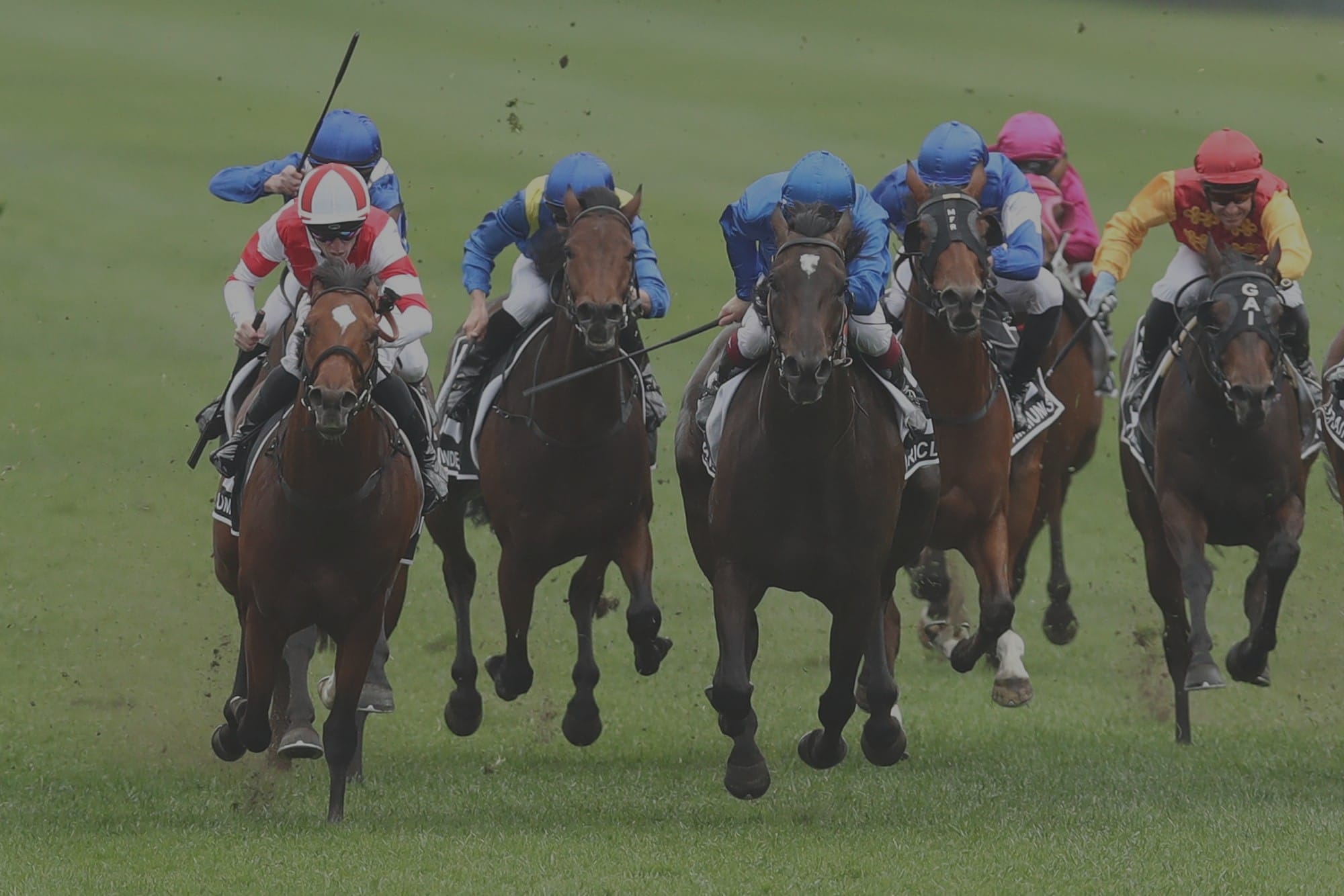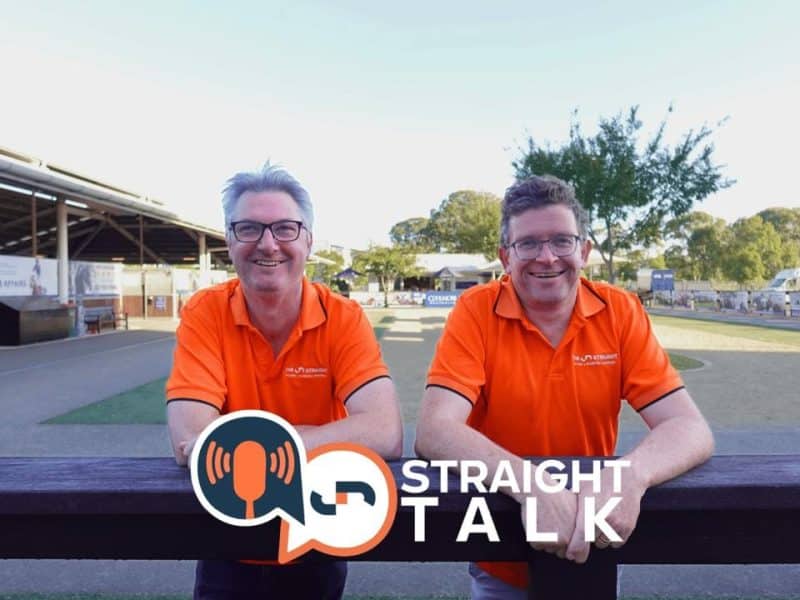‘Decade of disruption’: Richard Freedman prefers Rosehill relocation to renovation
The prospect of spending much of the next decade operating a stable in a construction zone doesn’t appeal to trainer Richard Freedman, who has major reservations over whether Rosehill can facilitate up to 20,000 new houses as well as a training and racing centre.
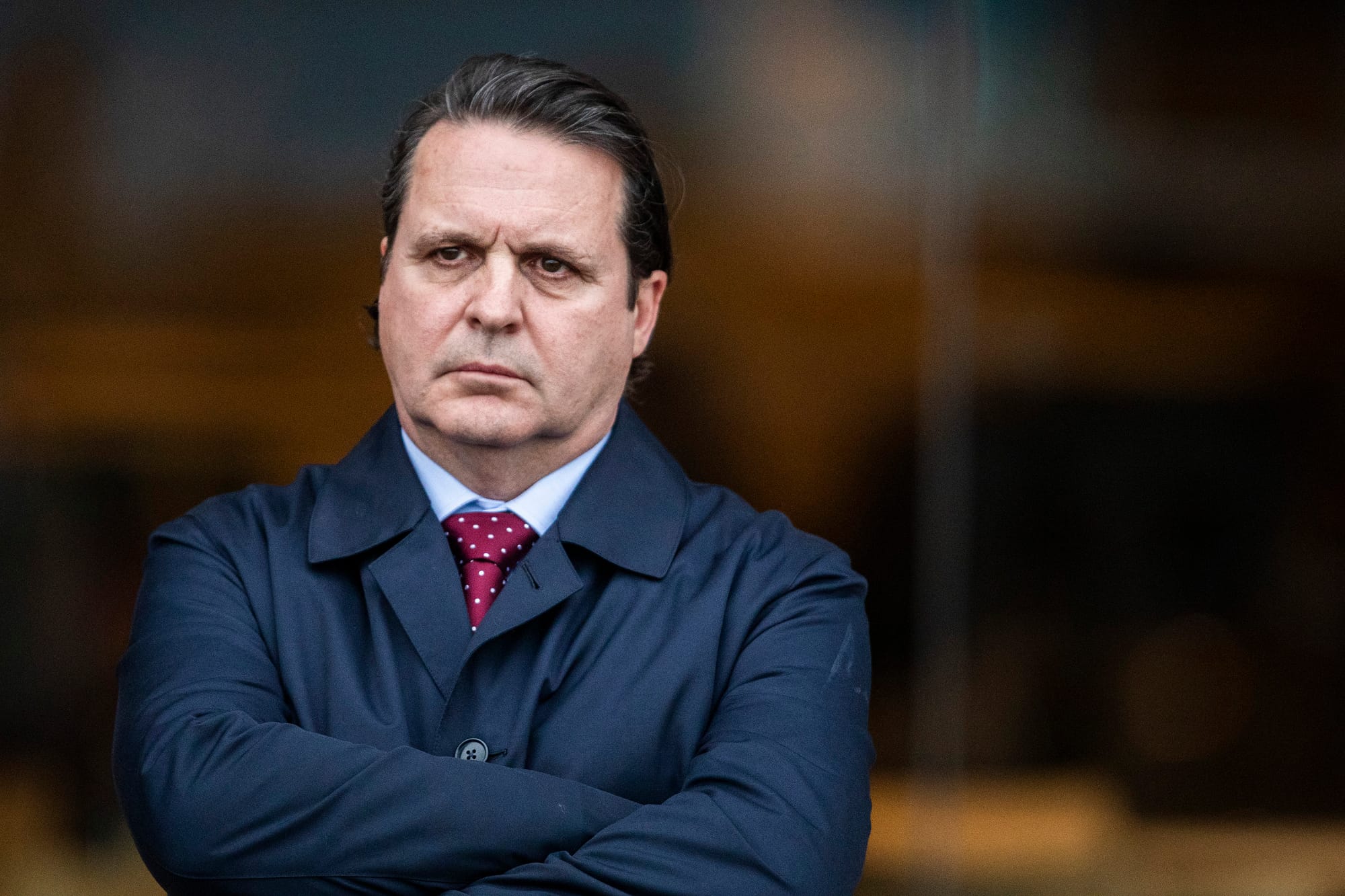
Freedman, a Group 1-winning member of one of Australian racing’s most famous families, is based at Rosehill in a training partnership with his son Will.
The pair is one of just seven stables at Rosehill and that list includes champion trainer Chris Waller, who has the largest team of horses in Sydney, as well as Michael, Wayne and John Hawkes and Group 1-winning duo Gerald Ryan and Sterling Alexiou.
While the ‘Rosehill seven’ would be among the most impacted by the closure of the racecourse, Freedman told The Straight that he retained an open mind about the Australian Turf Club’s proposed $5 billion deal to close, develop and sell off Rosehill.
Possible alternatives to the track’s outright closure would be to develop the land around the racecourse into higher-density residential living and retain the racecourse.
Waller and Hall of Fame trainer Gai Waterhouse were among those who discussed that option in submissions to the parliamentary Select Committee on the Proposal to Develop Rosehill.
As reported in The Straight on Monday, the Urban Development Institute of Australia NSW (UDIA) said in its proposal that a large-scale suburban development to accommodate up to 20,000 dwellings could coexist with the racecourse if the ATC decides not to proceed with a total sale of the track.
However, that proposal is not supported by Freedman, who feels the disruption of prolonged construction near his stables would be a massive negative.
“It’s easy for people who are not domiciled at Rosehill to say, ‘this is what they should do with Rosehill’, but the proposal of building units on the land around Rosehill and the car parks … those who do train there know that that place will be a building site of major construction works for the next decade,” Freedman said.
“For a decade, not just for six months or a year while they do something.”
The experienced trainer said that he felt it would be unfair for Rosehill trainers to suffer for an extended period when the rest of the industry would receive substantial benefit from any sale of land, without compensation.
Asked about his specific concerns on construction taking place in close proximity to his stables, Freedman said it was far from the ideal environment to stable and train horses.
“If you’ve got construction, construction is loud. And a lot of the noise is sporadic,” he said.
“Everyone’s lived near a construction site. You know the sort of things that go on. The horses don’t understand that. If something goes crash in the middle of the night, they get frightened. They don’t calm down for hours.
“How do you mitigate or compensate for that? I don’t know.”
Construction is already taking place on a development close to the Freedmans’ stables.
Waller, arguably Australia’s most high-profile trainer, has publicly opposed Rosehill’s closure before and said in his submission that he was “totally in favour of the retention of Rosehill”.
However, fellow Rosehill resident Freedman felt that he and his fellow trainers had not received enough information to make an informed decision.
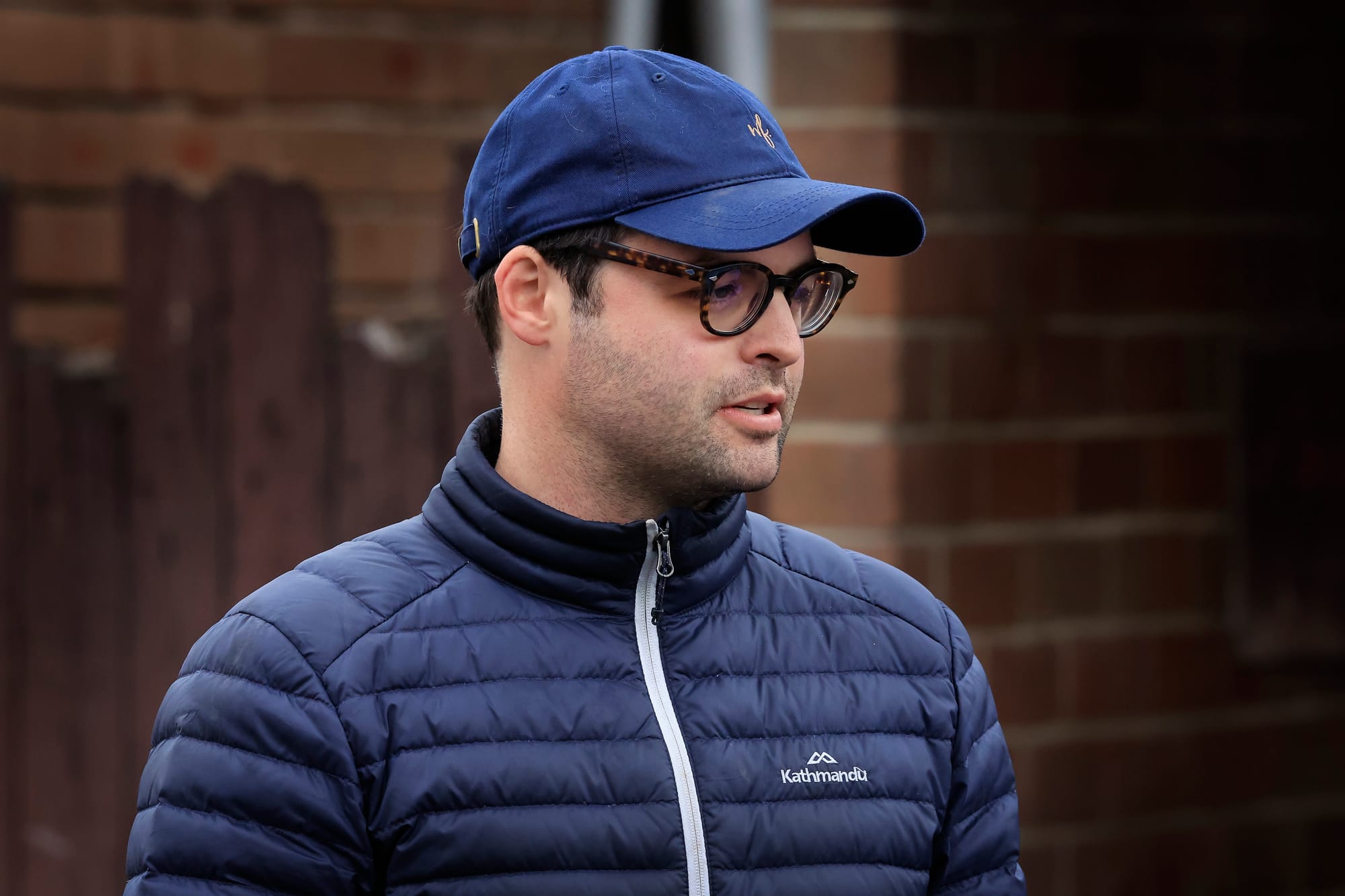
“I’m sort of ambivalent about the whole thing at the moment because I don’t know what the full deal is,” he said.
“I don’t know what the detailed proposal is, and as a Rosehill trainer, we’re the ones asked to do the heavy lifting for the whole industry. You would think we might be able to get some clarity on what we’re actually getting, if anything, and how we will be assisted to assist the rest of the industry.
“All the seven of us train at Rosehill, we need to know what the training facility will be, where it will be, what we will have in that training facility, what the deal will be about moving horses and moving our businesses around.
“There’s a laundry list of things we need to know, and some of them we can’t know yet, and some of them maybe we could know, but we don’t know.”
Freedman said he had only had two briefings from the ATC about how Rosehill could be sold off, but he didn’t object to the proposal on principle.
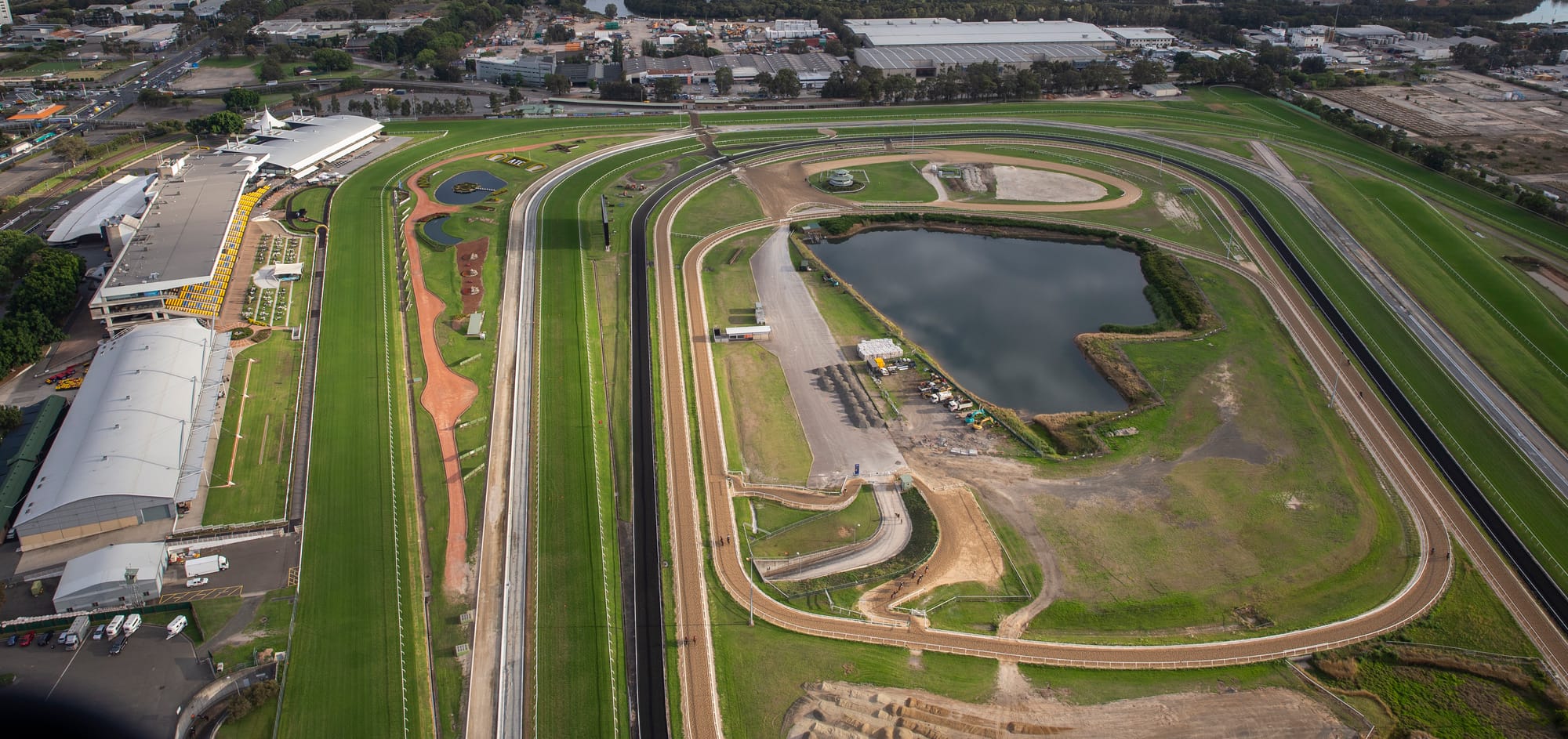
“If they could replace Rosehill with another racetrack within a reasonable proximity of Sydney, then OK, it might be a better racetrack. If they could replace the training facilities at Rosehill, they might be better training facilities,” he said.
“I don’t know why everybody isn’t taking that view, because those who are philosophically against the sale of Rosehill at any cost, I don’t know what they know that I don’t, because how do you come to that conclusion?
“What if what you’re getting is significantly better than what you’re losing, and you’re also trousering a few billion dollars in the deal? I just think everybody should have an open mind at the moment until we actually know what the proposal is in detail.”
What concerns Freedman most is that missing out on such a windfall would be a lost opportunity to safeguard NSW racing and give trainers like his son Will a future in the industry.
He joked that the current negativity around Rosehill was being driven by “the elderly set”.
He also said he would love to see any windfall from the sale of Rosehill invested into two areas, better training facilities and a commitment to reducing the costs of operating a stable.
“I’m sort of ambivalent about the whole thing at the moment because I don’t know what the full deal is” – Richard Freedman
“I think we are being left behind the rest of the world, not just the rest of Australia, the rest of the world in New South Wales, in terms of the way we train horses,” he said.
“I mean, even Victoria has dedicated training establishments now. We don’t have any. All of ours are trained on racetracks, which the rest of the world has largely left behind.”
“I think anyone who, you know, puts horse welfare at the top of the list would like to see horses not kept in small boxes next to racetracks and trained around in little tight circles in the middle of the racetrack.”
Freedman said proper funding was needed to fix what he calls a “huge and growing problem:” while prize money has gone up, costs have gone up at about the same rate.
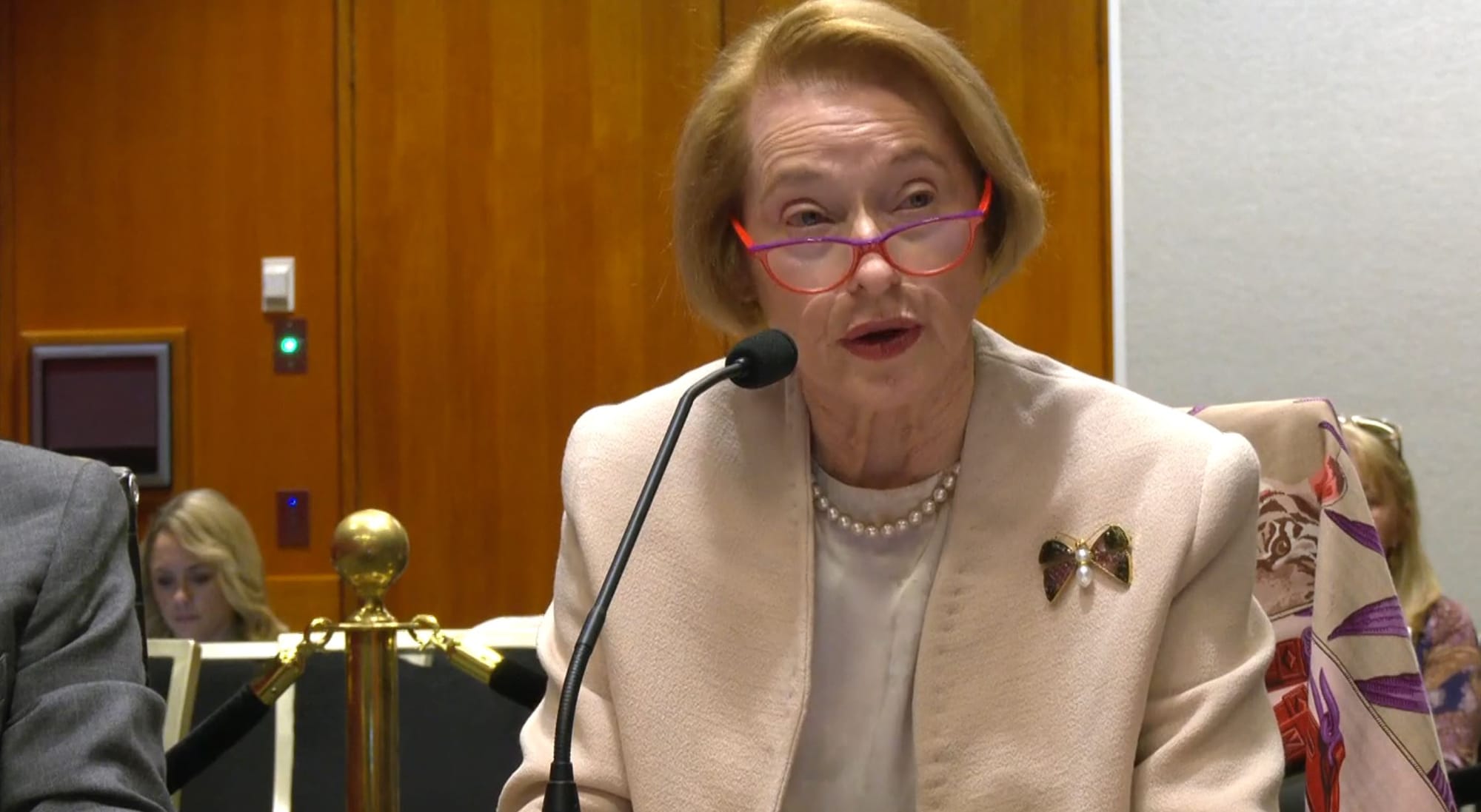
“Provided you’re winning, you’re OK. But the cost of losing has become untenable. People just can’t afford to have losing horses now because the costs are so high,” he said.
“Everybody has to face up to the fact that there’s a very substantial chance that you will not be winning, that you will be losing, or that you will not be one of the 100 to 120 horses competing on a Saturday at a metropolitan track.
“So the costs of this game have to be offset and they would have the money to do that. Maybe there would be no nominations fees, no acceptance fees, no scratching fees, no track fees. All these things help owners and help us retain owners.”
The rising costs of training was leading to a shrinking base of owners who could afford to invest, with a lot of those who remained active reducing their shares, according to Freedman. That had a disproportionate impact on smaller and medium-size stables.
“I think when you get to the stage where there’s only a handful of mega-sized trainers, I think your industry’s in real trouble because that largely appeals to a very selected owner base too because the costs of this game have squeezed everybody else out, so only the rich can play,” he said.
“The great strength of Australian racing has been the stories of the battlers beating the silvertails.”

